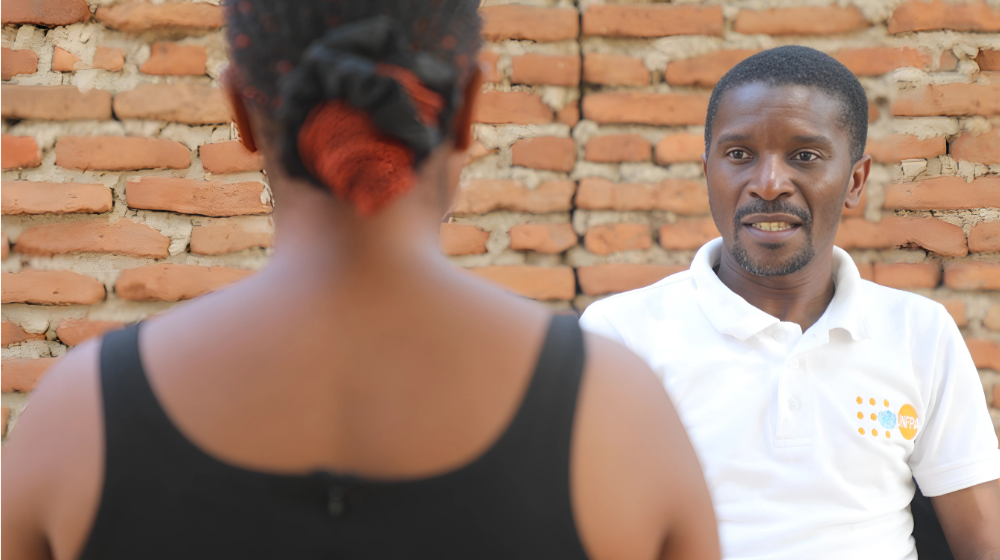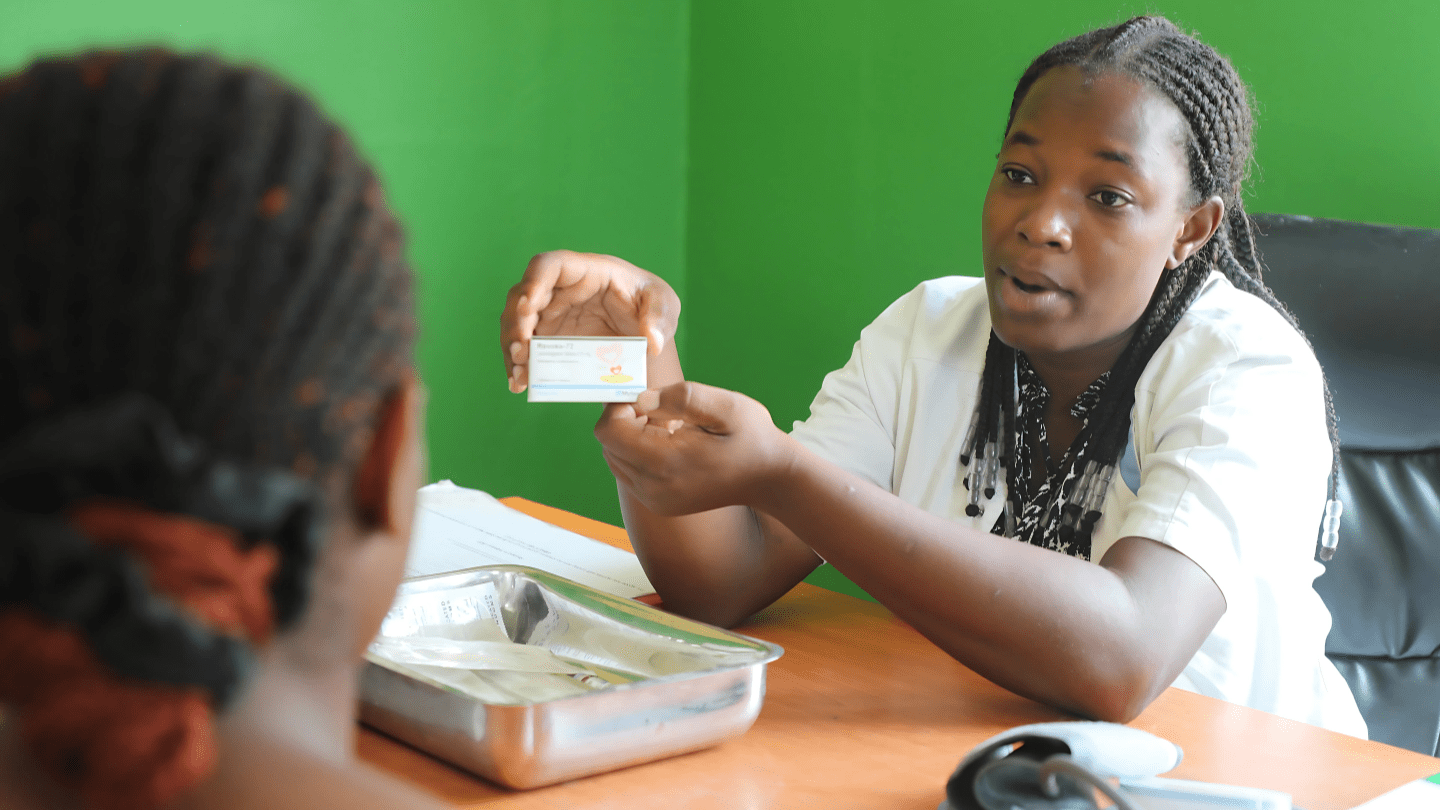Mangochi, MALAWI — Growing up, 18-year-old Patuma* dreamed of becoming a nutritionist. But in her rural village, the odds were stacked against her. Most girls never made it past primary school, let alone to university. Yet, Patuma was determined to break the cycle.
“Because of cultural norms, many girls are expected to marry as soon as they come of age,” she says. “That means fewer girls in school and more in marriage.”
Mangochi, a district in southern Malawi, has one of the highest adolescent populations in the country. A recent report shows that over half of the district’s youth—186,000—are adolescent girls and young women.
Yet, very few progress to secondary school. Literacy rates among young women aged 15 to 24 stand at just 50 percent, and teenage pregnancy—at 26 percent—remains a leading cause of school dropouts.
Determined to change this reality, UNFPA, through the UN Joint Programme on Girls’ Education (JPGE) funded by Norway, is working with local organizations and communities to provide comprehensive sexuality education (CSE) in and out of schools. The goal: to reduce teenage pregnancies and keep more girls in the classroom.
One of the programme’s key interventions is the establishment of youth-friendly health service facilities, safe spaces where young people can access sexual and reproductive health (SRH) services without fear of judgment. When Patuma learned about these services, she saw a chance to protect her future.
“I first heard about family planning when a team from the Family Planning Association of Malawi (FPAM) visited our school,” she recalls. “They were there to talk about drug and substance abuse, which often leads to risky behaviors among young people. But what really opened my eyes was the discussion on teenage pregnancies and how to prevent them.”
As a key UNFPA partner in Mangochi, FPAM provides both static and outreach SRH services, including family planning. The school session left a strong impression on Patuma, but she still had questions she was too shy to ask in a group setting. Fortunately, FPAM also runs a youth-friendly centre, a safe space where young people can access confidential services and expert advice.
“I decided to join the centre because it gave me a chance to find answers to the challenges I was facing as a young woman,” she says. “Registering as a member marked the beginning of my journey toward achieving my academic dreams.”
At the centre, Patuma gained the confidence to take charge of her future. After attending several sessions, she made an informed decision to start using family planning pills. But before taking that step, she had a heartfelt conversation with her mother.
“At first, my mother was shocked,” Patuma admits. “But I explained how many of my friends had dropped out of school because they got pregnant. She saw my point and even advised me to get tested with my boyfriend to ensure we were both healthy.”
Her decision became a turning point. Last year, Patuma passed her secondary school exams with flying colors, earning grades that qualify her to pursue her dream of studying nutrition.
I want to go far with my education—I can’t afford to take risks
Patuma’s boyfriend, currently in college, supports her ambitions. Together, they take proactive steps to protect their future, including undergoing HIV testing every four months.

“I know no method is 100% foolproof, and sometimes condoms can break,” she explains. “But I’m doing everything I can to safeguard my dreams of going to university.”
In 2024, the UN Joint Programme on Girls’ Education has made significant strides, reaching 6,092 young people through mobile youth-friendly health service clinics. Additionally, 1,041 adolescents have accessed various contraceptive methods, empowering them to stay in school and shape their futures.
For girls like Patuma, knowledge is more than power—it’s the key to unlocking a brighter tomorrow.
*Name changed for privacy.
Joseph Scott, Communications Specialist


